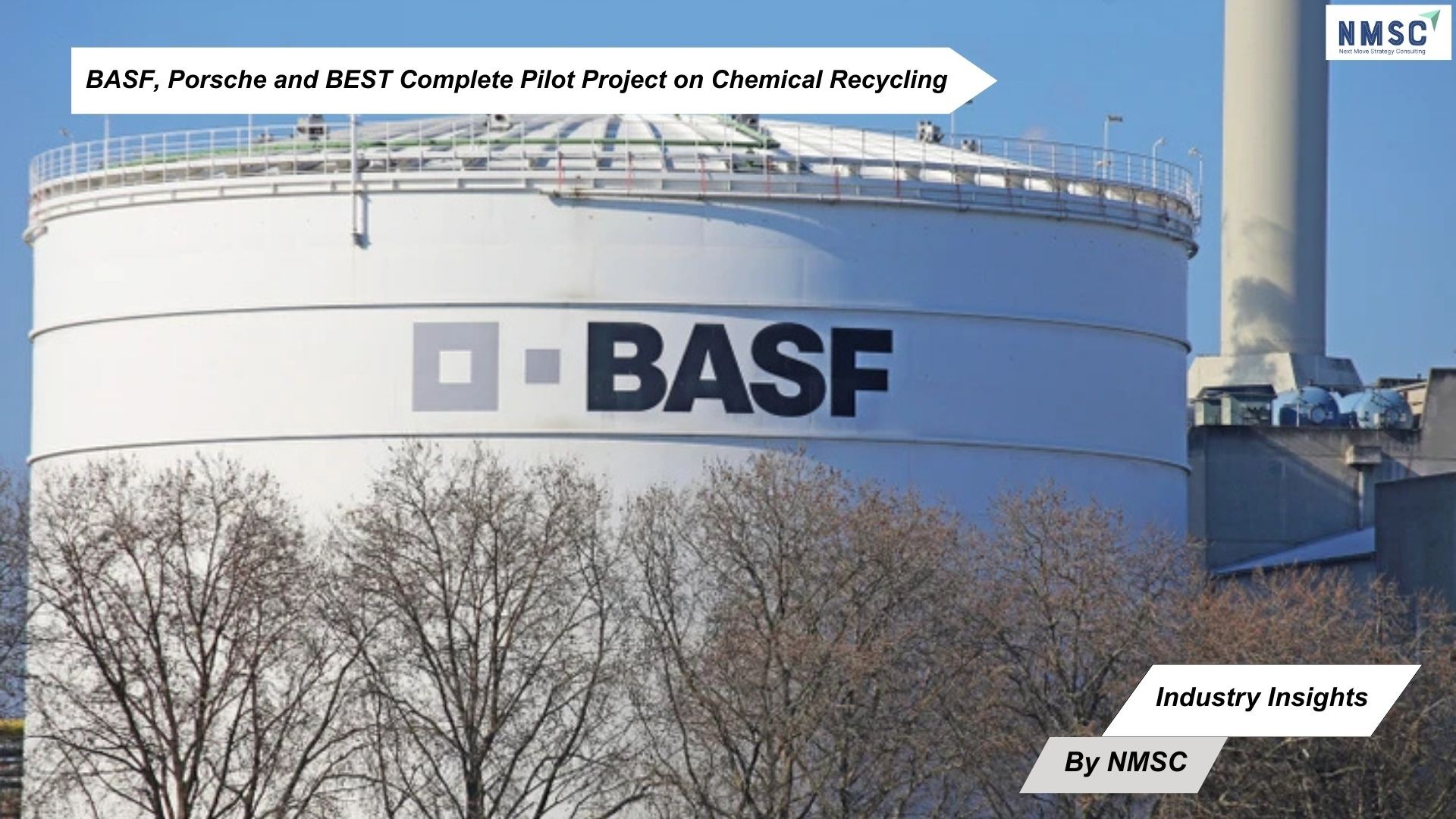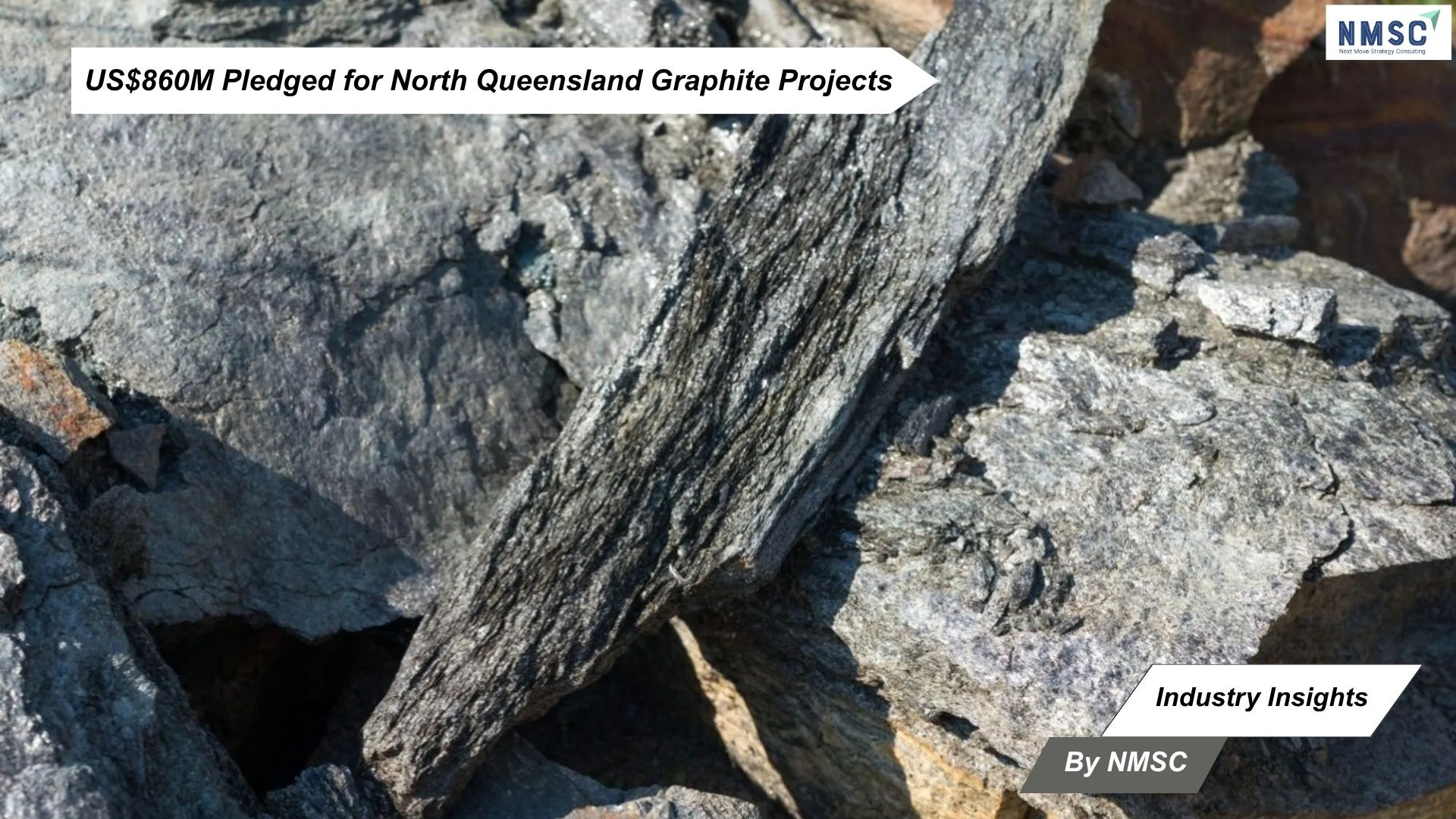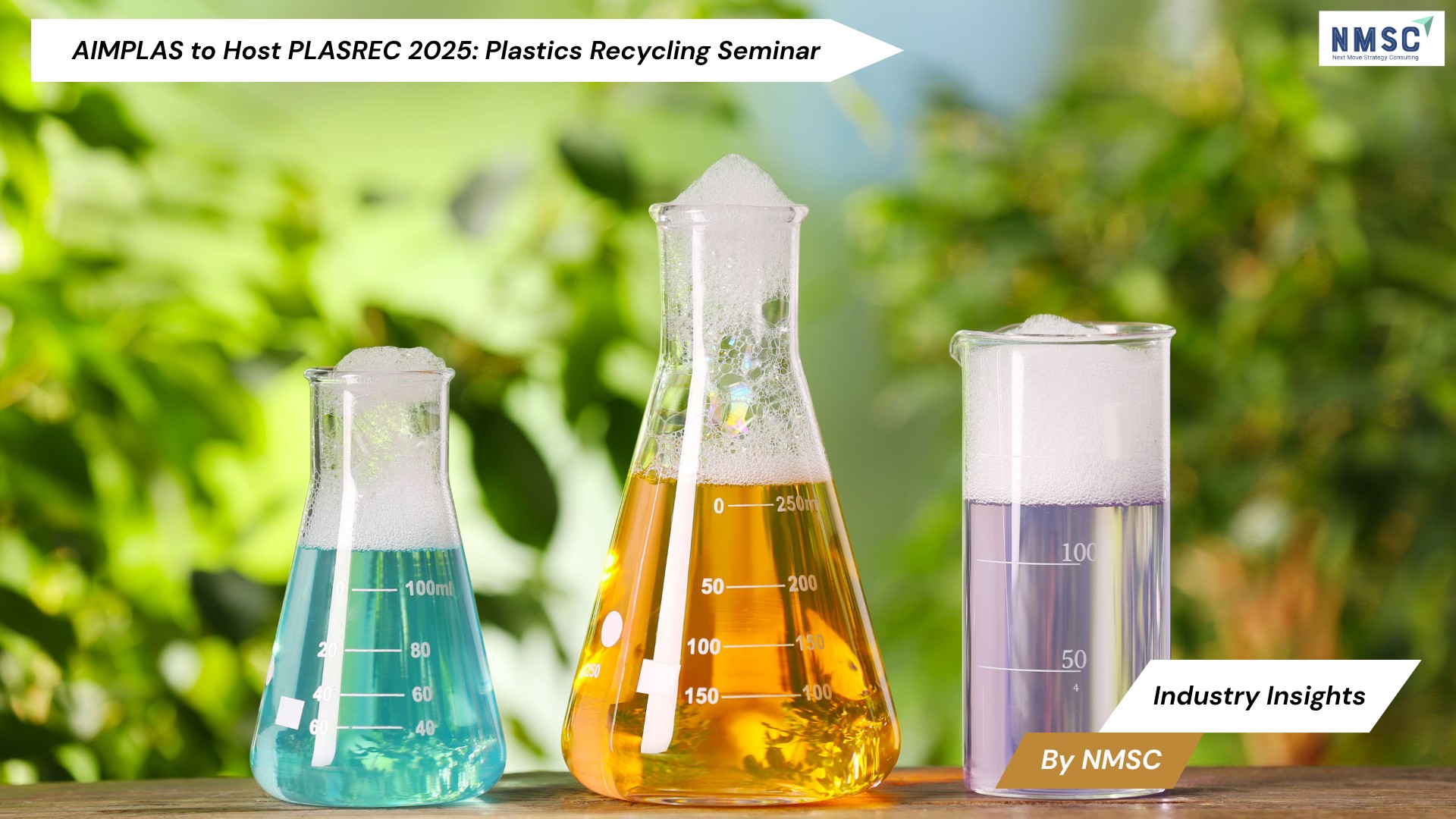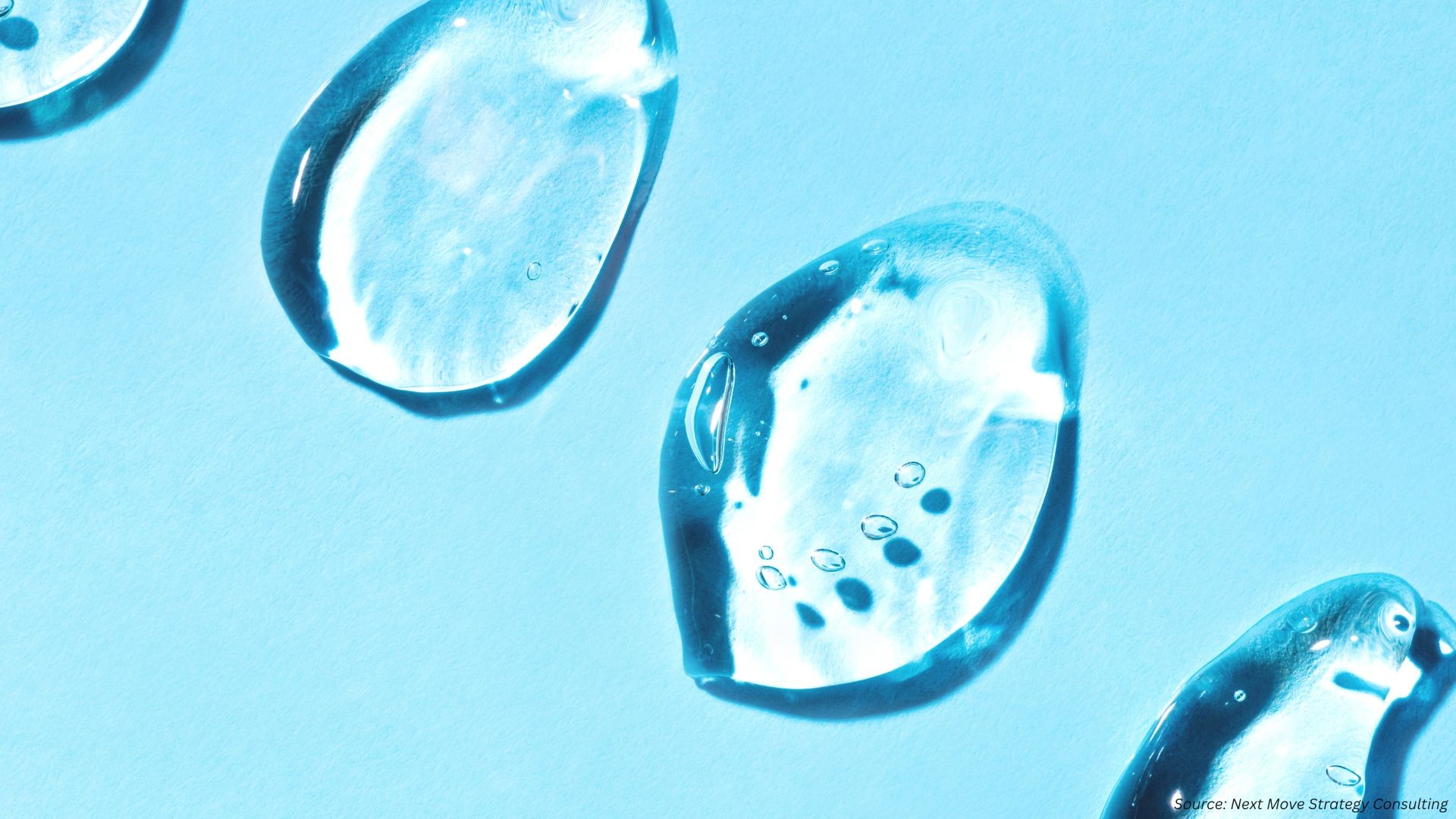BASF, Porsche and BEST Complete Pilot Project on Chemical Recycling
Published: 2025-09-29

Industry Insights from Next Move Strategy Consulting
Ludwigshafen, Germany — BASF SE, Porsche AG and BEST – Bioenergy and Sustainable Technologies GmbH have successfully concluded a pilot that demonstrates chemical recycling of mixed end-of-life vehicle waste together with renewable biomass. The project proved that complex automotive shredder residues (ASR) — a mixture of plastics, films, paints and foams — can be processed via gasification and reintroduced as circular raw materials for new vehicle components.
Turning Complex Automotive Waste into Circular Raw Materials
Until now, the heterogeneous nature of ASR typically limits it to thermal treatment. The pilot used advanced gasification to convert the combined waste and biomass stream into synthesis gas and downstream derivatives. Those circular feedstocks were then fed into BASF’s integrated value chain and, using a mass balance approach, replaced fossil raw materials in the production of polyurethane formulations for steering-wheel components.
Key Project Highlights
-
Demonstrated recyclability of high-performance plastics from automotive shredder residues.
-
For the first time, fossil raw materials were fully replaced by circular automotive waste streams combined with biomass through gasification to produce new plastics.
-
Use of BEST’s gasification technology to convert mixed plastics and residues into syncrude and synthesis gas at high temperature.
-
Chemically recycled material was incorporated into steering-wheel production via BASF’s mass balance system, enabling high-performance plastic quality for safety-relevant components.
Voices From the Collaboration
“Pilot projects like these allow us to evaluate how we can further develop the circular economy as a sustainability field at Porsche and how we can anchor chemical recycling in our strategy in the long term,” said Dr. Robert Kallenberg, Head of Sustainability at Porsche AG. Porsche sees the pilot as a way to increase verifiable secondary materials in vehicle production and to access recyclate sources that mechanical recycling cannot always process.
Dr. Matthias Kuba of BEST highlighted the technical advance: BEST’s plant — previously used to convert biomass such as wood and straw into chemical raw materials — was employed for the first time to turn complex plastic waste together with biomass into synthetic crude oil (syncrude). He described the approach as a promising alternative to waste incineration for mixed waste streams.
Dr. Martin Jung, President of BASF’s Performance Materials division, emphasized BASF’s multi-track plastics strategy: the company continues to prioritise mechanical recycling while developing complementary chemical recycling technologies such as pyrolysis, depolymerization and gasification to broaden recycling options and reduce plastics sent to landfill or incineration. He also noted the importance of an appropriate regulatory framework to scale such solutions.
Technical Context — Chemical Recycling and Mass Balance
Chemical recycling can handle plastic waste streams that mechanical recycling cannot process for technical, economic or ecological reasons. In this pilot, gasification converted highly mixed automotive waste and biomass into synthesis gas; when these circular raw materials are integrated into continuously operated production plants like the BASF Verbund, they are allocated to end products using the mass balance approach and certified under systems such as ISCC PLUS or REDcert². The resulting materials meet the quality demands of high-performance, safety-relevant automotive parts.
Industry Response and Next Steps
The pilot validates gasification as a viable route to recover value from complex automotive waste and shows that demand-driven scaling could be achievable via mass balance allocation. Partners noted that such recycling routes complement mechanical recycling and enlarge the pool of feedstocks available for circular plastics in the automotive industry. BASF, Porsche and BEST will use findings from the project to assess further integration of chemical recycling into vehicle material strategies.
Next Move Strategy Consulting – View Point
This pilot underscores how complementary recycling technologies — specifically gasification as a form of chemical recycling — can unlock previously unusable waste streams and supply circular feedstocks that meet high-performance requirements. When combined with mass balance allocation and independent certification, such approaches can help automotive manufacturers reduce reliance on fossil inputs and increase verified secondary material content in vehicles.
Source: BASF
Prepared By: Next Move Strategy Consulting
About the Author
 Joydeep Dey is an SEO Executive, Content Writer, and AI expert with 2½ years of experience. He specializes in SEO strategy, impactful content, and AI-driven solutions. Passionate about simplifying complex ideas, he helps boost visibility and engagement.
Joydeep Dey is an SEO Executive, Content Writer, and AI expert with 2½ years of experience. He specializes in SEO strategy, impactful content, and AI-driven solutions. Passionate about simplifying complex ideas, he helps boost visibility and engagement.
About the Reviewer
 Sanyukta Deb is a skilled Content Writer and Digital Marketing Team Leader, specializing in online visibility strategies and data-driven campaigns. She excels at creating audience-focused content that boosts brand presence and engagement, while also pursuing creative projects and design interests.
Sanyukta Deb is a skilled Content Writer and Digital Marketing Team Leader, specializing in online visibility strategies and data-driven campaigns. She excels at creating audience-focused content that boosts brand presence and engagement, while also pursuing creative projects and design interests.
















Add Comment